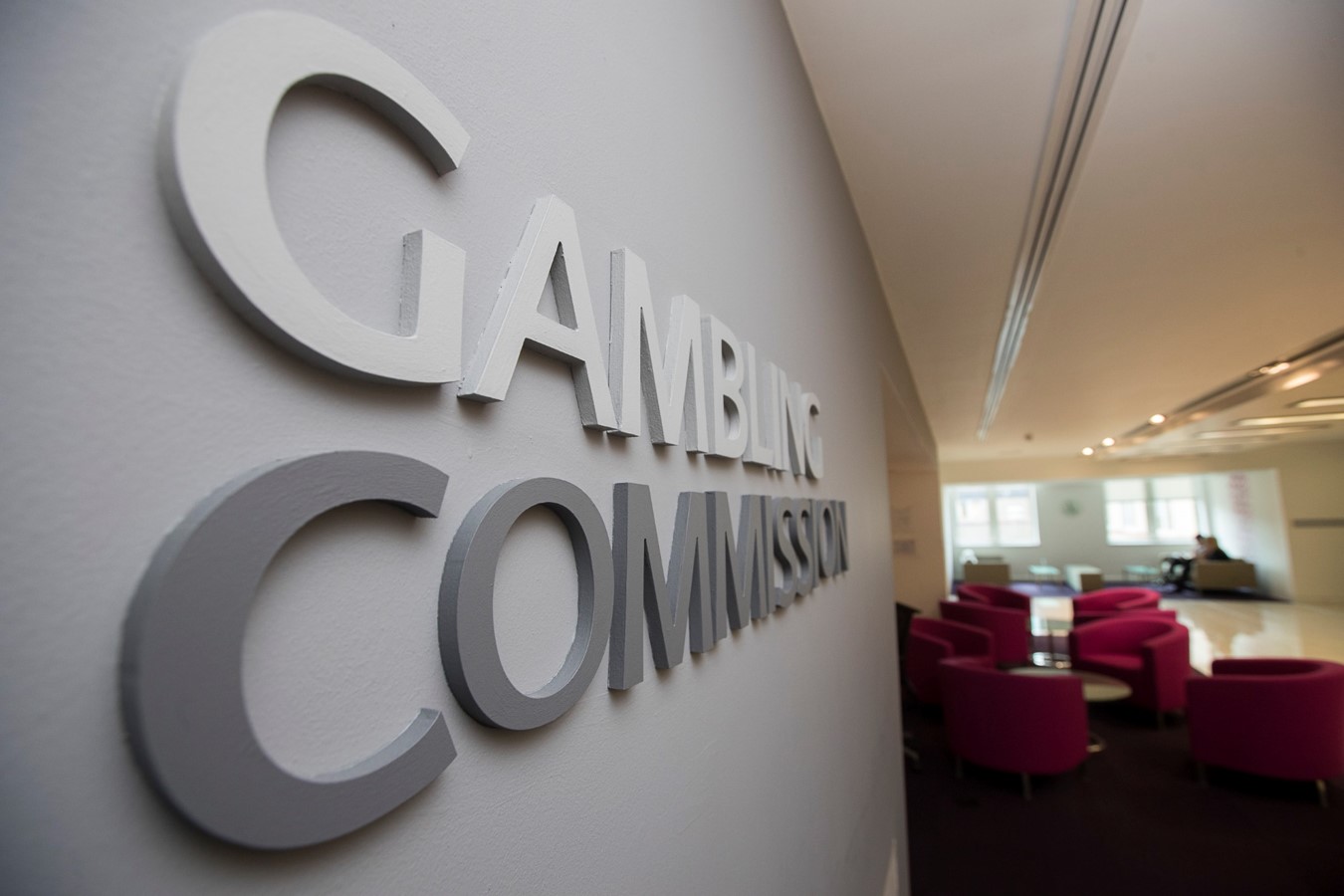Gambling Commission embarks on black market study to improve monitoring efforts

The UK Gambling Commission (UKGC) is developing its first ever comprehensive study of the UK black market to help improve its monitoring of illegal online gambling operations. The first iteration of the study will be released in late spring 2025.
“With a better understanding of why and how consumers access unlicensed gambling websites, we can identify ways in which we can use data to identify unlicensed websites and make estimates of their usage by GB consumers,” the Gambling Commission said in a note breaking down the study’s methodology and aims.
It expects the research will help improve and scale its online monitoring of the black market, as well as providing a starting point for the Gambling Commission to understand the scale of it.
Like other studies carried out by regulators across Europe, the UKGC is combining web traffic data and gambling behaviour data to estimate the gross gambling yield (GGY) of the online unlicensed market.
UKGC estimates player average spend across illegal sites
To determine GGY, it is combining web traffic data collected from unlicensed sites with an average player spend amount. This has been calculated by collecting player spend data across 139,152 online gambling accounts from seven leading operators in the UK.
The data was collected between July 2018 and June 2019 and estimates the average GGY per minute for online slots is £0.32, based on the regulator’s assumption that a significant proportion of unlicensed gambling activity is slots. But, it warns, the current methodology does not account for high spending consumers on other gambling activities like sports betting.
To collect search traffic data, the regulator is monitoring specific search terms using Google Trends and web traffic analysis platform Similarweb’s key word generator. This way it can identify the most popular search terms by traffic.
The top five pages of Google results for each search term are collected and affiliated sites and articles are flagged. Unlicensed betting sites are extracted from these affiliates and checked to see whether they are open to UK consumers. Web traffic and average visit duration data for each of the unlicensed sites is then collated.
Netherlands and Sweden regulators flag player spend challenges in their own research
Recently, the Netherlands gambling regulator KSA and Sweden’s Spelinspektionen flagged their own channelisation data could be skewed by how much the consumer spends via the black market, as both their recent reports noted a trend that players spent more on the illegal market than on licensed sites.
The UKGC notes this trend in its own study’s methodology. It said: “There is anecdotal evidence from our Consumer Voice research into unlicensed gambling that people’s spending habits are different on unlicensed sites compared to licensed sites.”
It also said the methodology it has developed does not take into account time spent on unlicensed sites when no money is spent. An updated GGY estimate is also under development using more recent data.
The Gambling Commission said it will in future explore other channels connecting players to the black market, including social media and encrypted messaging apps like WhatsApp and Telegram. It also noted streaming platforms like Twitch and Kick and the role they play in generating traffic to unlicensed sites.
Licensed operators are being asked to share any relevant data to help improve the Gambling Commission’s methodology or suggest different methods of detection.
“Tackling the unlicensed market is a shared goal, and we encourage any feedback for ways we can improve our methodology,” the regulator said.
A separate study commission by the Betting and Gaming Council (BGC) was released in September and estimates the UK’s online black market could be generating £2.7bn in bets every year.
BGC CEO Grainne Hurst said the survey’s results were shocking and exposed “the unnerving true scale of the growing, unsafe, unregulated gambling black market”.
Related
I became a millionaire in my 20s but my sports…
Millions wagered, hundreds of thousands in debt and a pending divorce.Joe C, a native of Chicago, fell into the depths of addictive sports gambling at the age o
Strip executive retiring after 3 decades with gambling giant MGM…
A top executive who oversees multiple properties on the Strip, including one of Las Vegas Boulevard’s most recognizable and successful casino-hotels, is
Danish Government’s Success with Gambling Addiction
Gambling addiction is a growing concern worldwide, with many countries struggling to find effective ways to regulate the industry. Denmark, however, has e
UFC 313 Gambling Preview: Will Magomed Ankalaev end Alex Pereira’s…
Alex Pereira is back! On Saturday, Pereira puts his light heavyweight title on the line against Magomed Ankalaev in the main event of UFC 313. Before that, J












